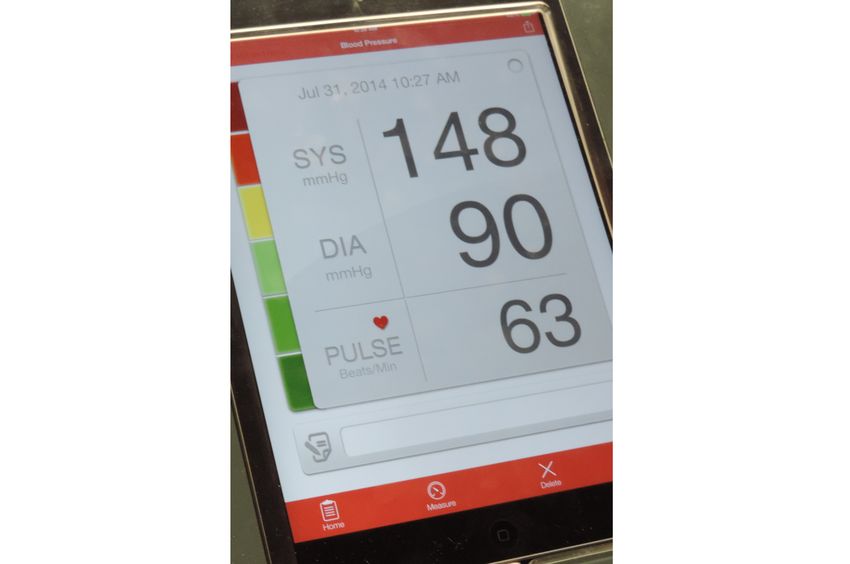
DALLAS and WASHINGTON, August 14, 2025 — In a significant move to combat the pervasive issue of high blood pressure, the American Heart Association (AHA) and the American College of Cardiology (ACC) have released a new set of guidelines. These guidelines emphasize early intervention and comprehensive management strategies to address the nearly half of U.S. adults affected by high blood pressure, a leading risk factor for cardiovascular diseases.
The guidelines, published in the AHA’s journals Circulation and Hypertension, as well as the ACC’s flagship journal JACC, advocate for a combination of lifestyle modifications and medication to manage blood pressure effectively. They also highlight the use of the new PREVENT™ risk calculator to tailor treatments based on individual cardiovascular risk profiles.
Understanding the New Guidelines
The updated guidelines replace the 2017 version and incorporate the latest scientific evidence to optimize patient outcomes. A key component is the emphasis on lifestyle changes, such as adopting a heart-healthy diet, increasing physical activity, and maintaining a healthy weight. These measures are aimed at reducing the risk of heart attack, stroke, kidney disease, and cognitive decline.
The guidelines also stress the importance of managing blood pressure during pregnancy to prevent complications such as preeclampsia. This is crucial for both maternal and fetal health and underscores the need for vigilant monitoring before, during, and after pregnancy.
Innovative Tools and Approaches
One of the notable advancements in the guidelines is the introduction of the PREVENT™ risk calculator. Developed by the AHA in 2023, this tool estimates a person’s 10- and 30-year risk of cardiovascular disease by evaluating factors like age, sex, blood pressure, cholesterol levels, and social determinants of health.
Additionally, the guidelines recommend specific laboratory tests, such as the urine albumin-to-creatinine ratio, to assess kidney health, and the plasma aldosterone-to-renin ratio for screening primary aldosteronism in certain patients. These tests are intended to refine diagnosis and treatment plans for individuals with high blood pressure.
Implications for Brain Health
Recent research has strengthened the link between high blood pressure and cognitive decline, including dementia. The new guidelines advocate for early treatment to maintain brain health, recommending a systolic blood pressure goal of less than 130 mm Hg for adults with hypertension.
Dr. Daniel W. Jones, chair of the guideline writing committee, emphasized the importance of addressing high blood pressure as a modifiable risk factor for heart disease. “By offering more tailored strategies across the lifespan, the 2025 guideline aims to aid clinicians in helping more people manage their blood pressure and reduce the toll of heart disease, kidney disease, Type 2 diabetes, and dementia,” he stated.
Medication and Lifestyle Synergy
For individuals with conditions like Type 2 diabetes or obesity, the guidelines suggest a combination of medications to achieve optimal blood pressure control. Recommended medications include ACE inhibitors, ARBs, calcium channel blockers, and thiazide diuretics. The guidelines also propose the potential use of newer therapies, such as GLP-1 medications, for certain patients.
Healthy lifestyle behaviors remain the cornerstone of blood pressure management. The guidelines encourage healthcare professionals to work with patients to set realistic goals, such as reducing sodium intake, limiting alcohol consumption, managing stress, and increasing physical activity.
Future Directions and Broader Impact
The guidelines were developed with input from a wide range of healthcare organizations, reflecting a comprehensive approach to blood pressure management. Co-authors of the guideline include experts from various medical fields, ensuring a holistic perspective on cardiovascular health.
As the guidelines are implemented, they are expected to empower both healthcare providers and patients with the tools needed to achieve and maintain optimal blood pressure levels. This proactive approach is crucial for preventing cardiovascular events and enhancing long-term health outcomes.
Dr. Jones concluded, “Prevention, early detection, and management of high blood pressure are critical to long-term heart and brain health, which means longer, healthier lives.”
The new guidelines represent a pivotal shift towards more personalized and effective management of high blood pressure, aiming to reduce the burden of cardiovascular diseases and improve overall public health.







